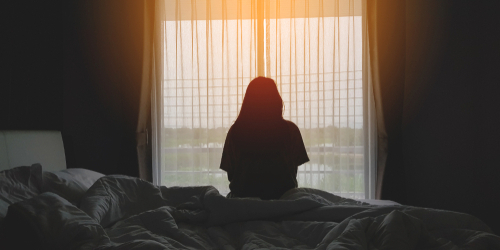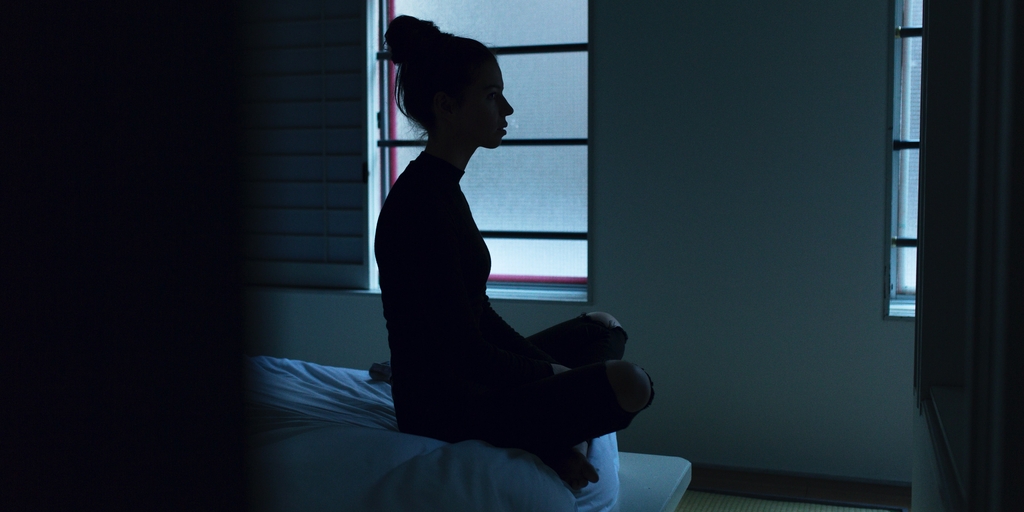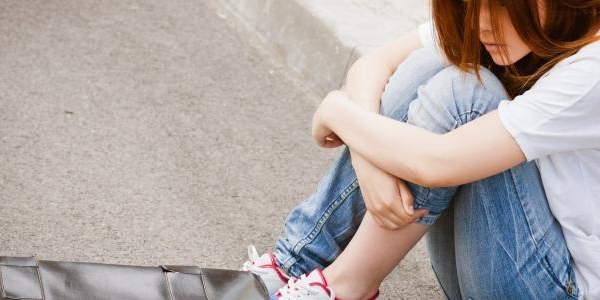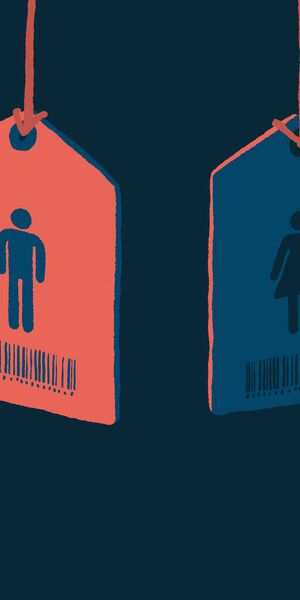Latest Scottish prostitution proposal will help tackle sexual exploitation
Human Trafficking
CARE believes the proposal announced yesterday to criminalise those who purchase sexual services in Scotland is the best approach to help tackle sexual exploitation by reducing demand.
Rhoda Grant MSP launched a consultation yesterday on a proposal seeking to criminalise those who pay for sexual services and who drive the demand for sexual exploitation in Scotland. This approach aims to tackle violence against women, recognising that prostitution is simply commercial sexual exploitation. It challenges the attitude that buying sex is a harmless activity and instead recognises the way in which it fuels the demand for people to be trafficked and exploited within the industry.
The facts are stark. In Europe the average age of entry into prostitution is 14 years, with as many as 75% of those in Britain entering before their 18th birthday.[1] Home Office figures reveal that homelessness, living in care, debt and substance abuse, are all common experiences prior to entering prostitution, though some are also groomed online. Research shows that a staggering 95% of women involved in street-based prostitution are addicted to Class A drugs[2].
Violence is common. One study found that out of 115 women involved in street prostitution 81% of them experience violence[3]. Field research that took place in nine countries (5 of the 9 were countries where prostitution is legal and regulated) surveyed 854 prostituted women and concluded that 60-75% had been raped, 70-95% had been physically assaulted, and 68% met the criteria for post traumatic stress disorder, in the same range as treatment-seeking war veterans and victims of state organised torture[4]. The attitude of those buying sex is particularly worrying. A recent survey which questioned men who had paid for sexual activity revealed that 12% of those interviewed stated that the rape of a prostitute was not possible[5].
The practical hope and expectation is that the criminalisation of paying for sex will reduce the number of buyers and hence the supply of those who are vulnerable into prostitution.
In Sweden such legislation has notably impacted the conduct of those who purchase sex[6] and the Swedish model of criminalising prostitution is of particular note for its success.
In 2008, the Nordic Institute for Gender Studies[7] released research demonstrating that the percentage of men purchasing anyone for prostitution has decreased from 13.6% in 1996 to 8% in 2008 – a drop of nearly 50%. Swedish Detective Superintendent Jonas Trolle, speaking at an information exchange with Gardaí in Dublin in September 2011, said ‘we have decreased the number of customers radically. If we talk in specific figures of the number of girls or women in prostitution in Stockholm, on a street level there is between five and 10 girls a day in a city with over five million people’. This is a significant reduction in the level of street prostitution, and was compared with Barcelona, a city with an equivalent population size, where it is estimated there are 20,000 people working in street prostitution[8].
Adoption of the Nordic model would also tackle human trafficking. The research concludes that Swedish law functions as a barrier for the establishment of ‘foreign women in prostitution’ and organised crime networks in Sweden, unlike in other Nordic countries, confirming the findings of the Swedish National Rapporteur on Trafficking in Human Beings. The law continues to have public backing: 71% of the public supports the law[9].
When a similar consultation was carried out just over one year ago in Scotland by Trish Godman then an MSP, it found a clear appetite for a proposal to create offences for those paying for sex. Almost two-thirds of those who responded supported the proposed Bill either in whole, or in part. Many of the responses acknowledged that those who prostitute themselves are vulnerable and victims of abuse, but unfortunately the proposal fell at dissolution.
Gordon Macdonald, CARE for Scotland Parliamentary Officer, said: ‘We welcome Rhoda Grant’s approach to reducing the demand for prostitution and subsequently people trafficking for sexual exploitation. Prostitution is inherently harmful and dehumanising. We encourage supporters to respond to the consultation.’
Genevieve Galvin, CARE’s Human Trafficking and Exploitation Officer, said: ‘Sweden has shown that criminalising the purchase of sex works as an effective strategy to protect the vulnerable from sexual exploitation, minimise violence against women and foster a more positive sense of equality and dignity throughout society.’
The consultation period will run for 12 weeks until 14 December 2012.
[1] Benson and Matthews (1995), ‘Street Prostitution: Ten Facts in Search of a Policy’.
[2] UK Home Office, ‘Paying the Price: A Consultation paper on prostitution’, (July 2004) p. 11
[3] Church, S., Henderson, M., Barnard, M & Hart, G. (2001) ‘Violence by clients towards female prostitutes in different work settings: questionnaire survey’, British Medical Journal, 332:524-5.
[4] Farley, M., et al (2003), ‘Prostitution and Trafficking in Nine Countries: An Update on Violence and Post Traumatic Stress Disorder’, Journal of Trauma Practice, Vol. 2 No 34, pp 33-74; and Farley, M., et al ed. (2003) ‘Prostitution Trafficking and Traumatic Stress’, Haworth Press, NY
[5] Macleod, J., Farley, M., Anderson, L., & Golding, J., (2008). ‘Challenging Men’s Demand for Prostitution in Scotland: A Research Report Based on Interviews with 110 Men Who Bought Women in Prostitution.’, Women’s Support, Scotland. http://www.prostitutionresearch.com/ChallengingDemandScotland.pdf P14
[6] It has been found to impact those who take guidance from the law with regards to how they behave, i.e. what is legal, those who have regard for the sanction of the law and don’t wish to get caught and thirdly the behaviour of pimps by making the provision of prostitution services more expensive and thus less profitable and attractive because they will have to invest in multiple brothel locations and move women around in an effort to avoid detection.
[7] Funded by the Nordic Council of Ministers.
[8] http://www.thelocal.se/27580/20100703/
[9] Information supplied by the Nordic Institute for Gender Studies and the Nordic Council of Ministers, released on October 16, 2008





Share story
Latest Scottish prostitution proposal will help tackle sexual exploitation